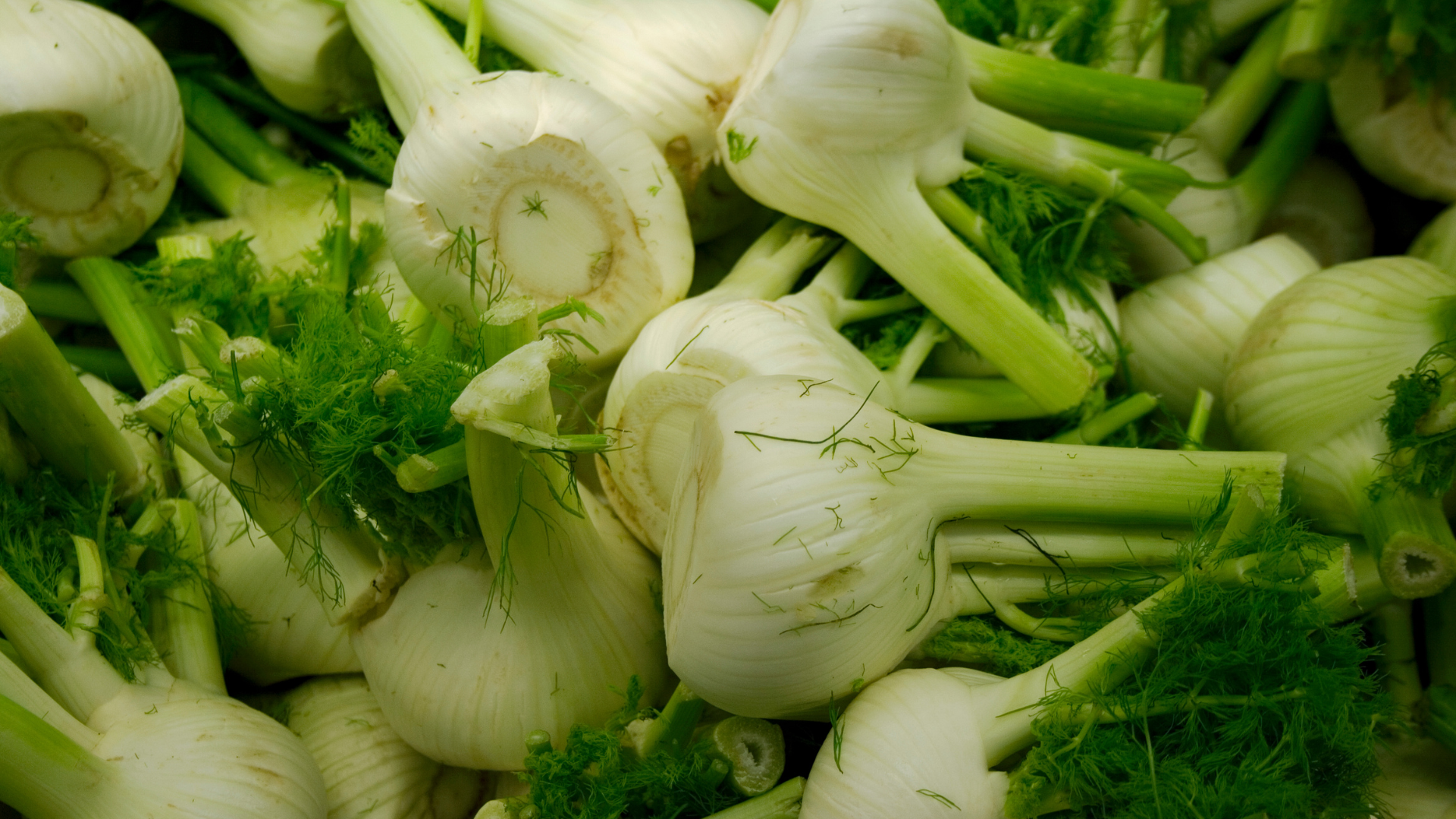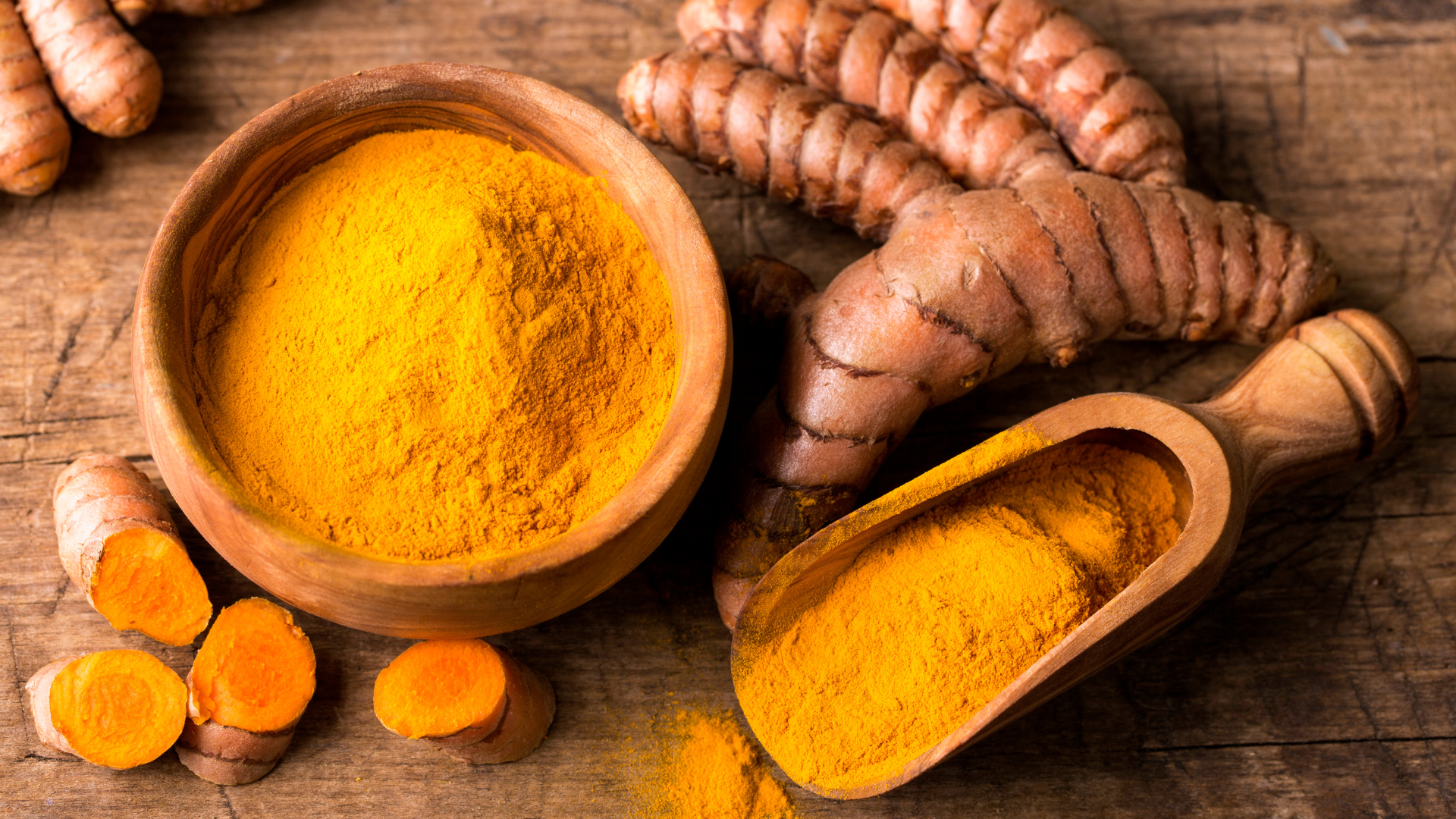Going on a diet can often be the first step to losing weight successfully. For a lot of people, the idea of a diet is scary. This is because they might not be able to eat some of their favorite foods, or the food might not taste very good.
But you don't have to eat boring food when you are trying to lose weight. You can turn your food into delicious, tasty meals by using herbs. But not all herbs are good for helping you lose weight. So, which ones are the best? And how do you use them?
- Fenugreek – predominantly cultivated in India, fenugreek can be used as a vegetable as well as a spice, but how does it help with weight loss? Recent research has shown that it acts as an appetite suppressant, helping you to eat less.
- Ginger – it is a very popular spice that is well-known for its anti-inflammatory and anti-oxidant properties, as well as helping to relieve nausea and combat the common cold. However, did you know that it can help to burn calories, too? It does this by stimulating thermogenesis – how your body burns calories to produce heat – which boosts your metabolism. Ginger is also a natural appetite suppressant.
- Carob – a less well-known spice is the carob, or locust bean, which comes from Africa, Asia and southern Europe. It is considered an appetite suppressant and this is because it reduces the effect of a hormone produced by the gut that sends hunger signals to your brain. Carob can also help with digestion and reducing cholesterol, both of which aid weight loss.
- Black pepper – the humble black pepper which is in most people’s store cupboards has a number of benefits, namely relieving constipation, as an antidepressant, helping with insomnia and battling colds and sore throats. But does it help with weight loss? Well, recent studies confirm that it can and it’s because it contains an active alkaloid called piperine which works to suppress the body’s fat cells.
- Fennel – if you’re an avid watcher of cookery programmes, it’s highly likely you’ve heard of fennel, a Mediterranean plant of the carrot family. High in fiber and low in calories, fennel boosts gastrointestinal motility and acts as an appetite suppressant. In addition, it has beensaid that fennel boosts vitamin and mineral absorption by your body, thereby reducing fat storage.

Fennel is a rich source of fiber, which helps you stay fuller for longer.
- Turmeric – the latest fad or does it really work? Actually, research has shown that turmeric, also known as Indian saffron or curcumin, can be quite a powerful weight loss aid. In fact, according to a study, turmeric boosts your metabolism and helps to burn excess calories. A spice rather than a herb, but it is also well-known in helping with arthritis, asthma, skin conditions, fibromyalgia pain as well as cancer.
- Oregano – another staple in the kitchen cupboard is oregano which comes from the same herb family as mint, thyme and basil. The active compound in oregano that boosts weight loss is carvacrol which helps to suppress appetites and makes you feel full earlier. At the moment, research on the herb is minimal but we all know that oregano is a safe herb to use.
- Ginseng – if you thought this herb was for the older generation to boost energy, think again. Ginseng has many health benefits and has long been used in Chinese medicine. But recent studies also reveal that it is a powerful herb to aid weight loss by altering the way fat forms in your body and reducing fat absorption.
- Caralluma fimbriata – we won’t be surprised if you’ve never heard of this herb, unless you’ve looked at the ingredients list for diet pills. The reason why it’s included is because studies have shown that the herb helps as an appetite suppressant. The herb contains high levels of serotonin, which is the neurotransmitter in the brain that directly impacts appetite.
- Gymnema sylvestre – a herb that is more commonly associated with reducing blood sugar levels, studies have found that it also helps with weight loss. It contains the active compound known as gymnemic acid, which works to reduce the ‘sweet’ effect of foods and lessen sugar cravings.

Turmeric increases metabolism which helps burn calories faster in the body
How to use herbs to help with weight loss
The main aspect of using herbs to aid weight loss is that they help to suppress your appetite, i.e. making you feel less hungry. They can also boost your metabolism so that your body burns fat cells more effectively, and many are also diuretics. This means that they will help detox your body of toxins and reduce water retention.
Many of the above herbs can be used in several ways in order to help with weight loss. With the more well-known herbs, like oregano, black pepper and ginger, you can season most of your food with them. But be careful not to overdo it. Stick to around one tablespoon a day, which is 14g, and make sure you balance its use with foods that are full of nutrients, like vitamins and minerals.
Most herbs that help with weight loss are available as a supplement, like ginseng and turmeric. However, these are in their most natural potency so always stick to the recommended dosage for the herb to avoid any adverse effects. In addition, if you are taking any other medicines or supplements, or have underlying health condition or food allergies, always talk to your medical practitioner first.
You can also take herbs as a tea or a tonic, either by soaking the herb (or spice) in water overnight (it can be kept in the fridge for a short period of time, too), or by adding a powdered version of the herb to water and mixing. Many herbs are also available as infused teabags, like ginger, cinnamon, hibiscus, green tea (or green coffee beans) and ginseng.
So, instead of going on a diet, it’s much easier to adjust your lifestyle and what you consume towards beneficial herbs and spices that can help you lose weight.
 USD
USD  GBP
GBP  CAD
CAD  AUD
AUD 